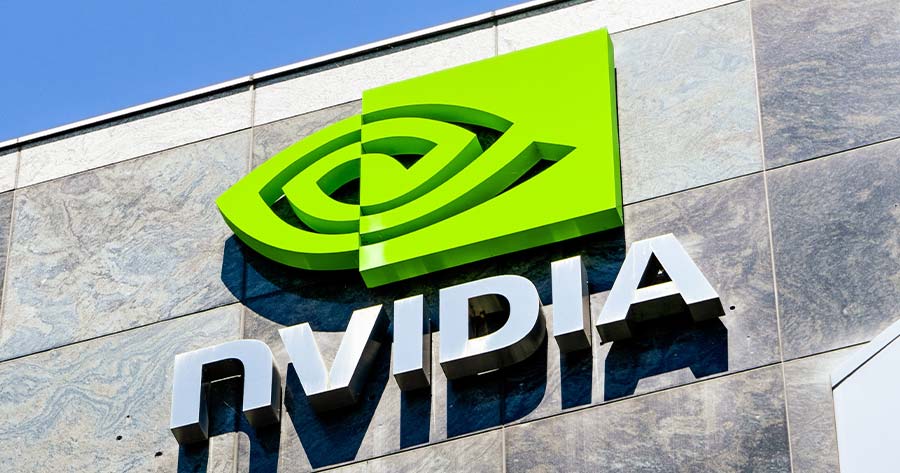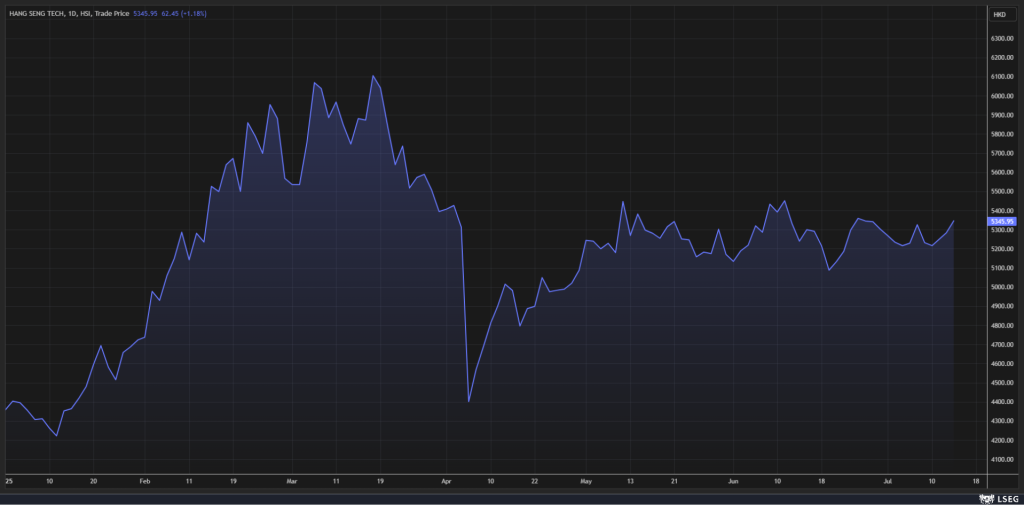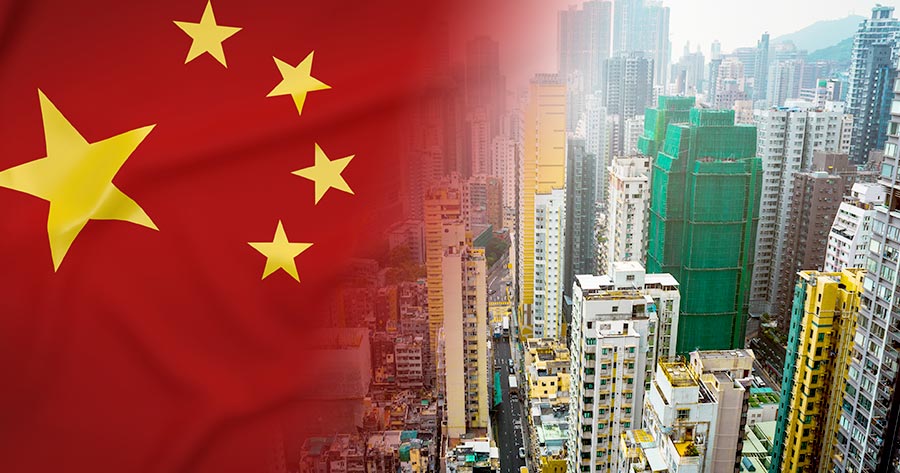Nvidia revealed on Tuesday plans to resume sales of its H20 general processing units (GPUs) to Chinese customers, after receiving assurances from the U.S. government that licenses for such exports would be granted once again.
Sales of Nvidia’s H20 chips—specifically engineered to meet U.S. export restrictions and remain eligible for the Chinese market—had been suspended in April. The news of a possible resumption spurred a rally in Chinese technology shares, with the Hang Seng Tech Index rising 1.18% in Tuesday morning trade.
Over recent months, Nvidia CEO Jensen Huang has increased his advocacy against tightened export controls, warning that such measures undermine U.S. technological leadership.
Speaking in May, Huang noted that restrictions had already resulted in Nvidia’s share of the Chinese market being reduced by nearly half.
In a further announcement on Tuesday, Huang introduced Nvidia’s new “fully compliant” GPU, the NVIDIA RTX PRO. He described the chip as being “ideally suited for digital twin AI applications in smart factories and logistics environments.”
The possible reversal of U.S. policy follows a recent meeting between Huang and U.S. President Donald Trump just before the CEO’s visit to China. According to Nvidia, during talks with President Trump and key U.S. policymakers, Huang reiterated the company’s backing for the Administration’s push on job creation, domestic manufacturing, and maintaining America’s AI leadership.
While in Beijing, Huang has also engaged with government and industry leaders to explore the advancement of safe and trustworthy AI technologies. China’s state broadcaster CCTV reported on Tuesday that Huang is scheduled to attend the opening ceremony of the country’s international supply chain expo on Wednesday, attributing the information to the China Council for the Promotion of International Trade.
Nvidia officials confirmed Huang will host a media briefing on the same day, underscoring the significance of the Chinese market—a point he emphasized during his previous visit in April.






